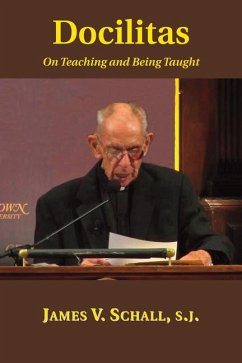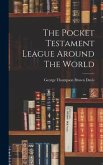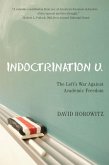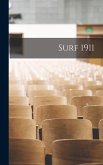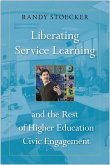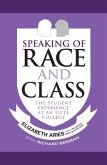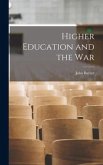"The Latin word "Docilitas" in the title of this book means the willingness and capacity we have of being able to learn something we did not know. It has not the same connotation as "learning," which is what happens to us when we are taught something. Docility also means our recognition that we do not know many things, that we need the help of others, wiser than we are, to learn most of what we know, though we can discover a few things by or own experience. This book contains some sixteen chapters, each of which was given to an audience in some college or university setting. They consider what it is to teach, what to read, reading places, libraries, and class rooms. They look upon the duties of a teacher or professor as mostly a delight, because the truth should delight us. In Another Sort of Learning, the subject of what a student "owes" his teacher came up. Here, we look at the other side of the question, what does a teacher or professor "do"? But a professor cannot teach unless there is someone willing to be taught, someone willing to recognize that he needs guidance and help. Yet, the end of teaching is not just the "transfer" of what is in the mind of the professor to the mind of the student. It is when both, student and teacher, behold, reflect on, and see the same truth of things that are. This common "seeing" is the read adventure in which student and teacher share something neither "owns." Knowledge and truth are free, but each requires our different insights and approaches so that we can finally realize what "teaching" and "being taught" mean to us"--
Hinweis: Dieser Artikel kann nur an eine deutsche Lieferadresse ausgeliefert werden.
Hinweis: Dieser Artikel kann nur an eine deutsche Lieferadresse ausgeliefert werden.

